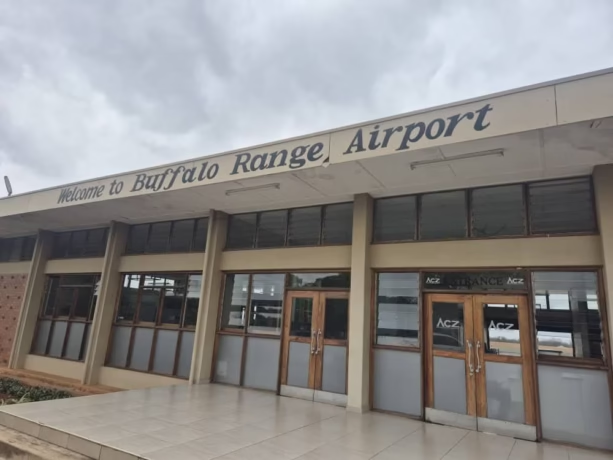
By Desire Tavengwa
Agriculture Correspondent
As temperatures drop and morning frost becomes a familiar sight, many farmers across Zimbabwe might view winter as a time to scale back operations. But for a growing number of horticulture farmers, the cold season is proving to be a window of opportunity.

Across the country, small-to-medium scale farmers are embracing winter horticulture as a steady source of income and food security, producing high-demand crops such as cabbages, carrots, peas, onions, spinach, and broccoli.
“We used to slow down in winter, thinking nothing would grow well,” says Tafadzwa Muchengeti, a young farmer from Nyanga.
“But with proper planning, we’ve learned that winter vegetables actually thrive and command higher prices due to limited supply.”
A Market Gap Worth Exploring
Horticultural produce is always in demand, but during winter, supply typically falls short as many farmers avoid the cold months. This opens up a profitable niche for those willing to embrace the chill. “During winter, prices for cabbages and onions can double compared to the rainy season,” says Mercy Kureya, a market vendor at Mbare Musika.
“If you can supply fresh produce now, you make more money.”
Urban and peri-urban farmers, in particular, are finding success by combining irrigation technologies such as drip systems with protected environments like greenhouses and shade nets to extend the growing season.
Extension Support and Innovation
Government agricultural extension officers and private consultants are increasingly promoting winter horticulture through training and input support schemes. Many farmers have received practical training on frost protection, water-efficient irrigation, and disease management.
“Horticulture in winter needs extra care, but the returns are worth it,” explains Agritex Officer Mr. Muchaziva Dube from Mashonaland East.
“We encourage farmers to grow cold-tolerant varieties and manage their soil fertility effectively. Organic composting, mulching, and raised beds are excellent for this time of year.”
Challenges Remain
Despite the positive developments, winter farming is not without challenges. Frost damage, water shortages due to load-shedding, and pests like aphids remain persistent threats. “The key is preparedness,” advises horticulturist Chipo Mapfumo.
“With mulch, tunnel houses, and early morning irrigation, farmers can protect crops and maintain steady production.”
A Path to Youth Empowerment
Winter horticulture is also creating opportunities for youth employment. Several youth-led cooperatives are emerging, particularly in areas such as Norton, Chinhoyi, and Mutare, where farming clusters share resources and markets. “I never thought farming would pay,” says 24-year-old Tendai Moyo, who runs a 1-hectare spinach and broccoli project. “But now I’m earning enough to support my family and even save for expansion.”
Looking Ahead
As climate change continues to affect traditional growing seasons, winter horticulture offers a practical path to resilience and profitability. With the right investments, Zimbabwe’s farmers could turn the winter season into a pillar of national food security.




